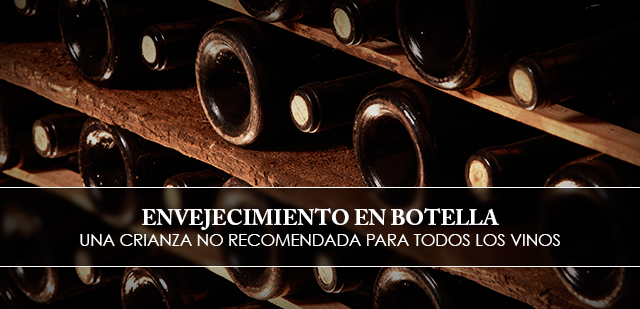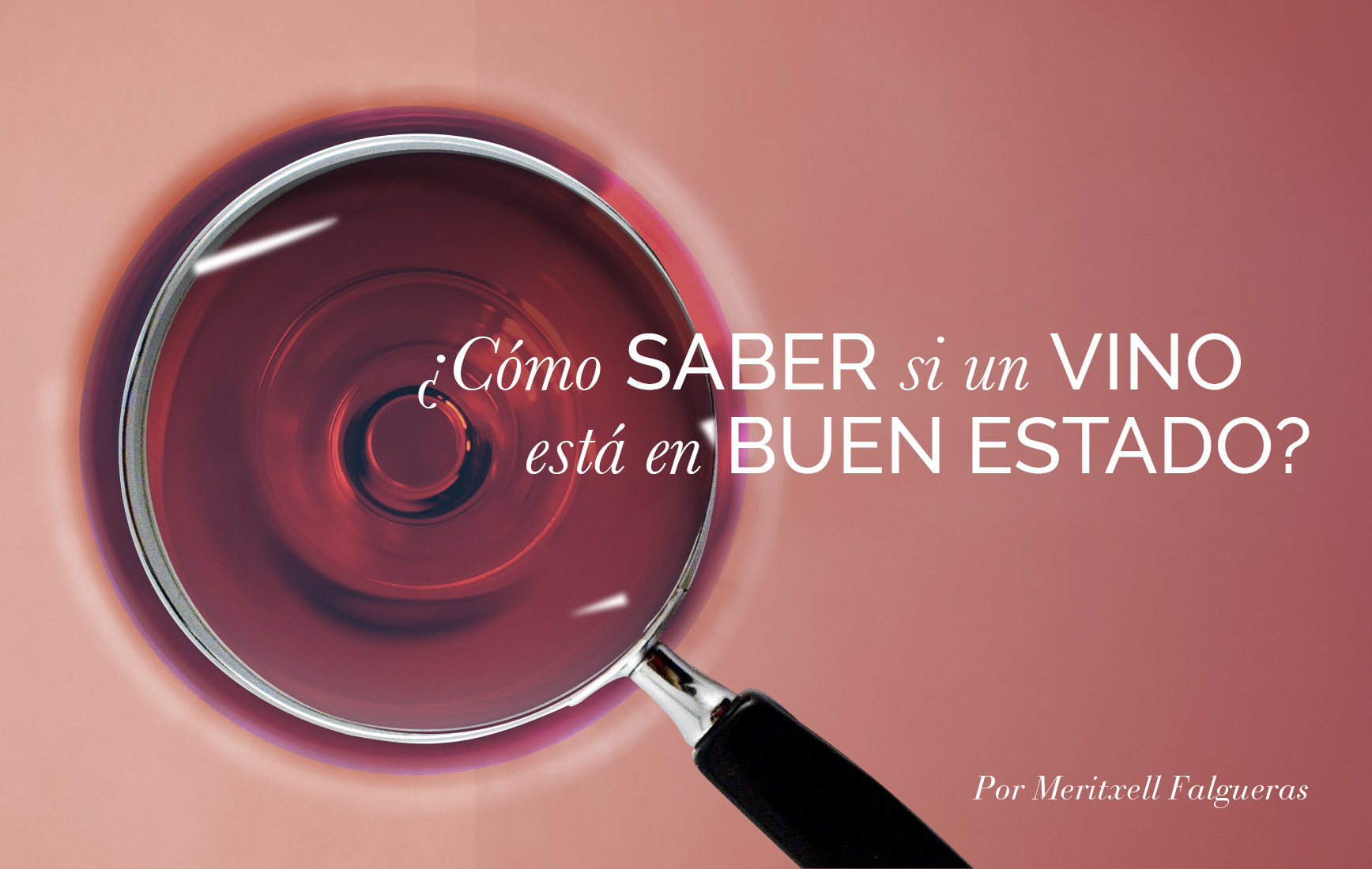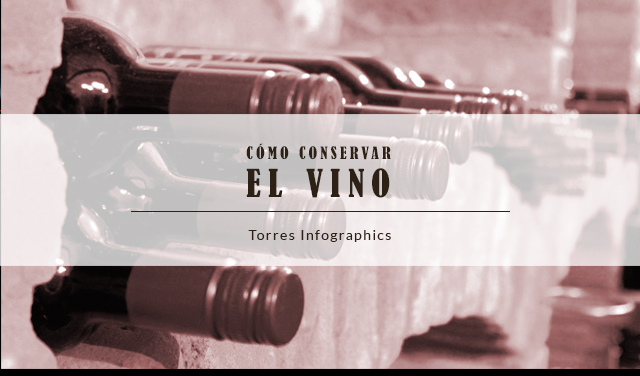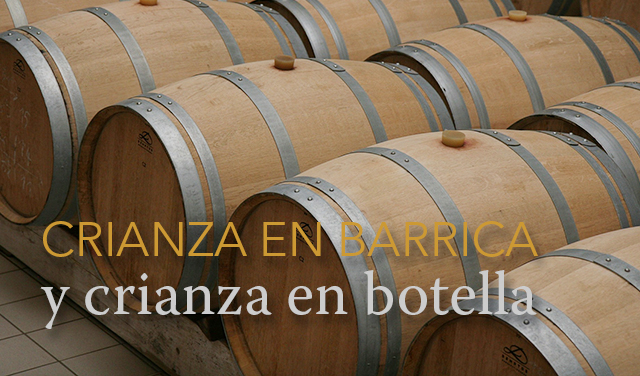BOTTLE AGING

All wines mature, but not all of them do so gracefully.
We’re talking about the fact that even though all wines evolve in the bottle, not all of them benefit from long reductive aging. The vast majority eventually lose most of their fresh fruit aromas in addition to developing rather unpleasant animal and vegetative notes. This happens regardless of proper storage, which is why it is recommendable to drink wines within a year of bottling unless the winemaker indicates otherwise.
Keep in mind that very few wines have the necessary characteristics to survive years in the bottle, let alone reach their peak potential after eight to twenty years. In this category we find magnificent fortified wines, as well as the finest German Rieslings, the Bordeaux Cru Classé, Vintage Port, and some of our icon wines, for example Mas La Plana and Grans Muralles.
So what does a wine need to aspire to eternity? No one knows with absolute chemical certainty what happens during the anaerobic aging of a wine—in other words, what substances or micro-organisms can survive and affect the wine in the absence of oxygen.
What is known, however, are the characteristics that every wine needs in order to successfully undergo long bottle aging:
- A climatically auspicious year; a good vintage
- High acidity
- Substantial alcohol content
- High tannin levels
- High sugar levels (in the case of whites)
The flavors these wines acquire during long, oxygen-deprived aging are undoubtedly among the most gratifying and exquisite a palate will ever encounter. Wines with refined tannins, full of nuances and unctuous notes, defined by exceptional aromatic complexity where echoes of ripe fruit surface amid layers of spices, oak and dried fruit, velvet and amber. Full, deep wines that are simply unforgettable.
That being said, we want to emphasize that a Gran Reserva isn't always automatically better than a young wine or a partially oak-aged wine.
Given how often wine lovers ask, “How long will my wine keep?”, it is worth revisiting the key points of proper storage. The simplest answer is to follow the winemaker's recommendations.
- Store the bottles in a cool, dark place away from vibrations.
- The temperature should remain constant, between 10 and 15ºC.
- Store bottles in a horizontal position so that the cork stays moist and keeps the wine properly sealed.
- The kitchen is not an ideal storage spot, because it undergoes constant changes in temperature and has a great variety of potent odors.
- Keep bottles away from chemical products like solvents, paints, etc.
In any case, each and every wine conceals its magic behind the intention and experience of the winemaker. A young wine will therefore celebrate its fruit intensity; it is expressive and bold, because it knows time is in short supply. Maturity gives a wine serenity and complexity in addition to that highly seductive something that only comes with age.



